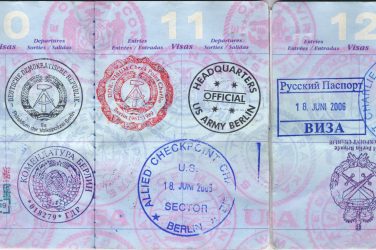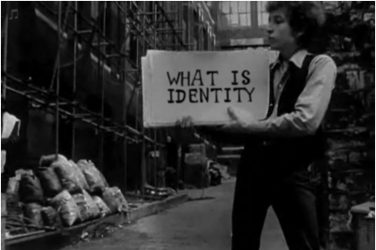Times of crisis are times of uncertainty. But, so argues E&M‘s Allison Welty, our lives were uncertain even before. She looks at different strategies people have used to navigate this unpredictability, from faith to fortune telling, and argues that while we might not have the ability to predict our future, we have the power to change it.
It goes without saying that we live in strange, anxiety-inducing times. The current pandemic, impending economic collapse, and widespread quarantine are enough to unnerve even the most stoic among us. What this crisis highlights, however, is not how uncertain our future feels in this moment, but the true uncertainty we all face even in periods of normalcy. None of us truly know what is going to come next in our lives, what happens when we die, or the true purpose of our existence. This state of uncertainty is not limited to our post-pandemic existence; it is, unfortunately, an unavoidable aspect of the human experience.
Generations of humans have turned to religion to quell some of these anxieties and often to impose a sense of certainty on their lives. Major world religions like Christianity, Islam, or Judaism quell our anxieties about the future by suggesting answers to the biggest questions of our existence and giving their parishioners a guide for how to view the world and their place in it. They stress the importance of prayer, worship, and meditation in times of strife, and it is easy to understand how this process has calmed existential anxieties for the majority of human history. What happens, though, to the increasing number of secular, agnostic, or outright non-believers? Are we doomed to a life of stress eating and anti-anxiety meds?

In an increasingly secular Europe, many have been turning to horoscopes and astrology for the certainty once provided by religion. While using the alignment of the solar system to explain trends in human behavior has existed in some form or another for centuries, its increases in popularity often correlate with increased stress on the national level. And while strong religious belief is in decline throughout Europe, many also turn to astrology for an increased sense of identity and understanding about one’s internal life. This identity is only strengthened by Internet culture, where we are perpetually a few random clicks away from Buzzfeed correctly guessing your sign. At the same time, Astrology promises us a peek into the future, and if we are lucky, the ability to plan for a chance meeting with our soul mate or the foresight to avoid a work conflict. And while it is easy to view astrology as a fun cultural oddity, many misunderstand it for true scientific practice and use these beliefs to structure their lives in a way deeply reminiscent of religious tradition.
I am someone who believes in nothing. I do not know if there is an intelligent design to our universe, or if there is a more powerful being watching out for us. With the current state of affairs and the enormity of human suffering that has taken place throughout history, my best guess would be that this is actually “the bad place.” I often wonder if my lack of belief in anything is to blame for my anxiety disorder that results in severe OCD behaviors. These behaviors range from the relentless counting of my steps or words to the more obscure like the need to wear a certain bracelet every day to ward off harm. For most of my life, I have spent multiple hours each day performing small, random rituals that serve no real purpose in my life, but that I cannot bring myself to stop. I’ve learned these compulsions stem from fear – of loss, of germs, the unknown, and even death – and above all, they are attempts to exert some kind of autonomy over a future I can’t control.
While so much of life is random and unpredictable, so much of our future remains in our control.
These kinds of belief, in any form, are necessary to cope with the stress of knowing that we are not always in control of the direction our lives take. The problem, of course, is that while so much of life is random and unpredictable, so much of our future remains in our control. And if we can choose to believe that Saturn’s alignment will radically impact our day, it is possible to put our energy behind beliefs we all desperately need. We can choose to believe in the innate good of humanity despite overwhelming evidence to the contrary. We can choose to believe in progress. And we can choose to believe we have the ability to create the more equal, peaceful world our generation was promised.
Cover photo: Photo by Daniel Weiss on Unsplash










